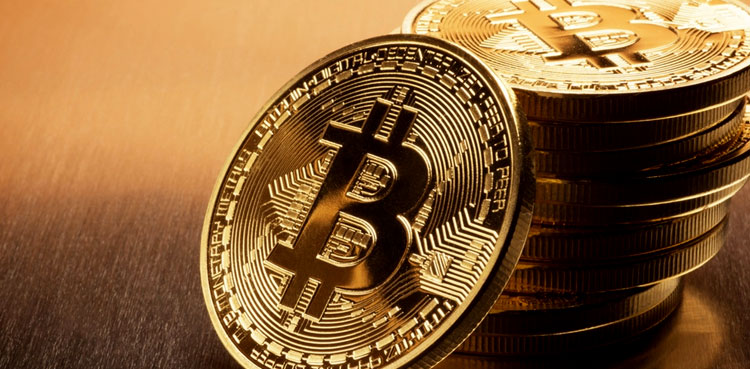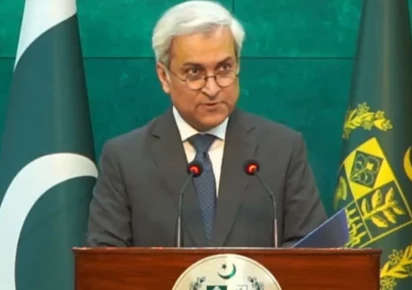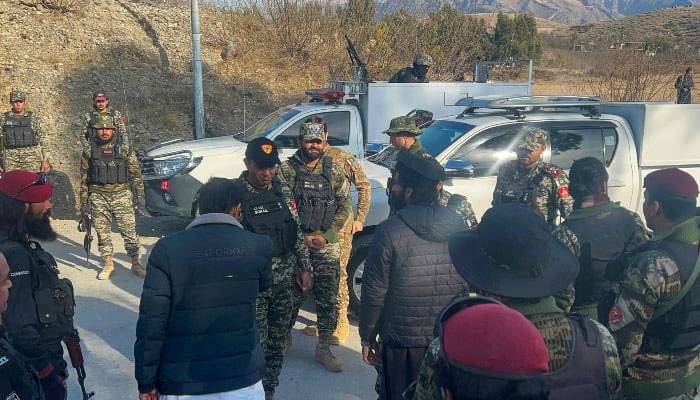In today’s fast-paced digital age, a fake video or a cropped clip can reach millions of people within seconds, poisoning the atmosphere of an entire nation. Experts warn that the spread of disinformation has increased to dangerous levels not only in Pakistan but across the world. To counter this threat, many countries are introducing new laws, pressuring digital companies, and strengthening fact-checking institutions.
Pakistani journalist and researcher Liaqat Ali says that disinformation causes serious harm to society and often leads to unrest. He believes that strong penalties and an effective fact-checking system are essential to curb this problem.
Officials at the Pakistan Telecommunication Authority (PTA) say they regularly remove illegal and fake content under the PECA law and social media rules. However, since most major platforms are foreign companies, ensuring their compliance remains a major challenge. Under PECA and related regulations, content is considered illegal if it goes against the ideology of Pakistan, incites people to take the law into their own hands, promotes hate speech, spreads sectarianism or blasphemy, or contains obscenity.
Analyst Riaz Ahmed explains that the effects of disinformation have been clearly visible:
“During periods of tension with India and Afghanistan, both countries spread large amounts of false information through social media, further escalating the situation. Within Pakistan, a certain political group and its foreign funders run fake campaigns against the state on a daily basis. Trolls from other countries also join in, damaging Pakistan’s reputation.”
PTA has the authority to contact social media platforms and service providers to block or remove online content that violates the law or court orders.
However, Riaz Ahmed also highlights a positive fact:
“Alhamdulillah, our Pakistani youth are aware and courageous. They quickly respond to false claims, present the facts, and stop such mischief from spreading. This shows the awareness, dignity, and religious zeal of our nation.”
Islamic Teachings on the Harm of False Information
Along with legal measures, religious scholars say that the real solution lies in following the commands of Allah and His Messenger ﷺ.
Allah says in the Qur’an (Surah Al-Hujurat, 6):
“O believers! If a sinful person brings you any news, verify it first, so that you do not harm people out of ignorance, and later regret what you have done.”
The Prophet Muhammad ﷺ said (Sahih Muslim):
“It is enough of a lie for a person to repeat everything he hears.”
Today, every Pakistani who forwards a message is accountable before these teachings. If the shared information turns out to be false, then on the Day of Judgment, he will be asked about every person whose heart was affected or whose actions were misled because of his forwarded message.
In a recent statement, renowned scholar Maulana Tariq Jamil said:
“Today, spreading lies is no longer just a personal sin…”
Global Efforts to Combat Disinformation
Pakistan recently presented a resolution at the UN General Assembly titled “Countering Disinformation for the Promotion and Protection of Human Rights and Fundamental Freedoms.” The resolution was adopted unanimously. Its goal is to encourage member states and stakeholders to launch effective campaigns against disinformation and promote transparency.
In the European Union, the emphasis is on fact-checking and media literacy rather than punitive action. Under the Code of Practice on Disinformation, digital platforms are encouraged to cooperate with fact-checkers and raise awareness among users.
Some countries, such as Saudi Arabia and the United Arab Emirates, impose strict penalties—including imprisonment—for spreading false information.
Around the world, governments are working on multiple fronts: legislation, technological enforcement, and public awareness to counter the growing threat of disinformation.









